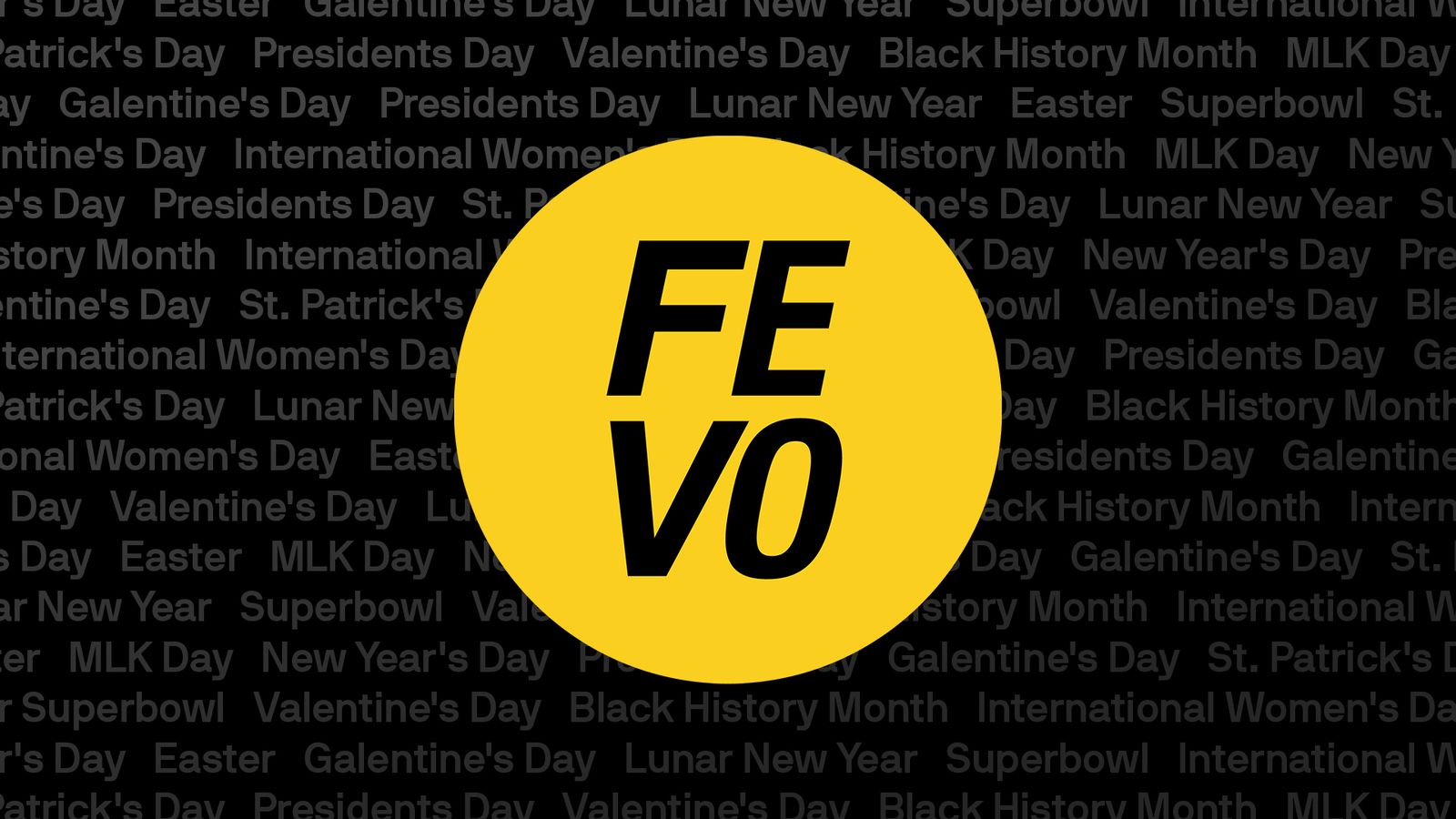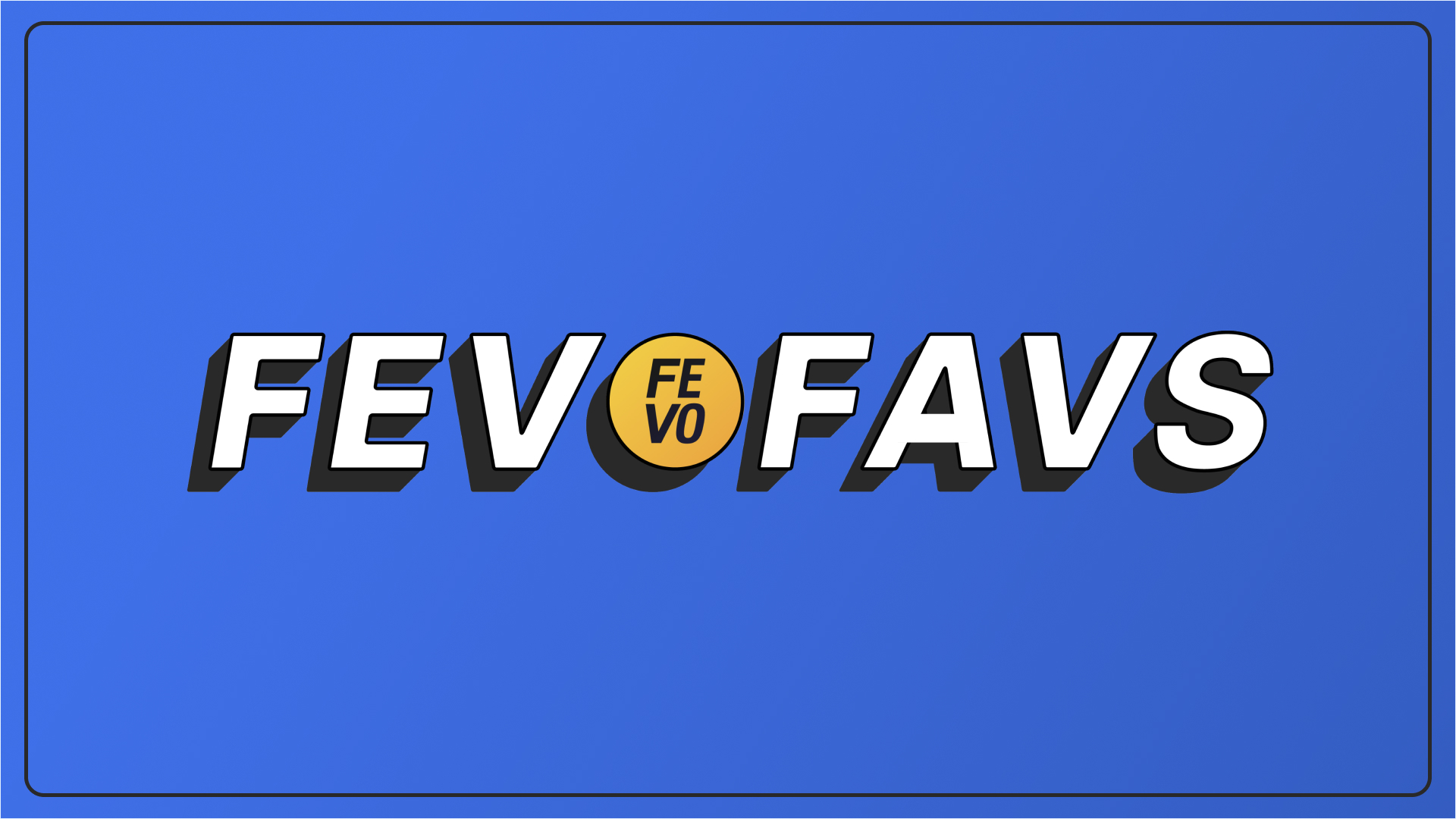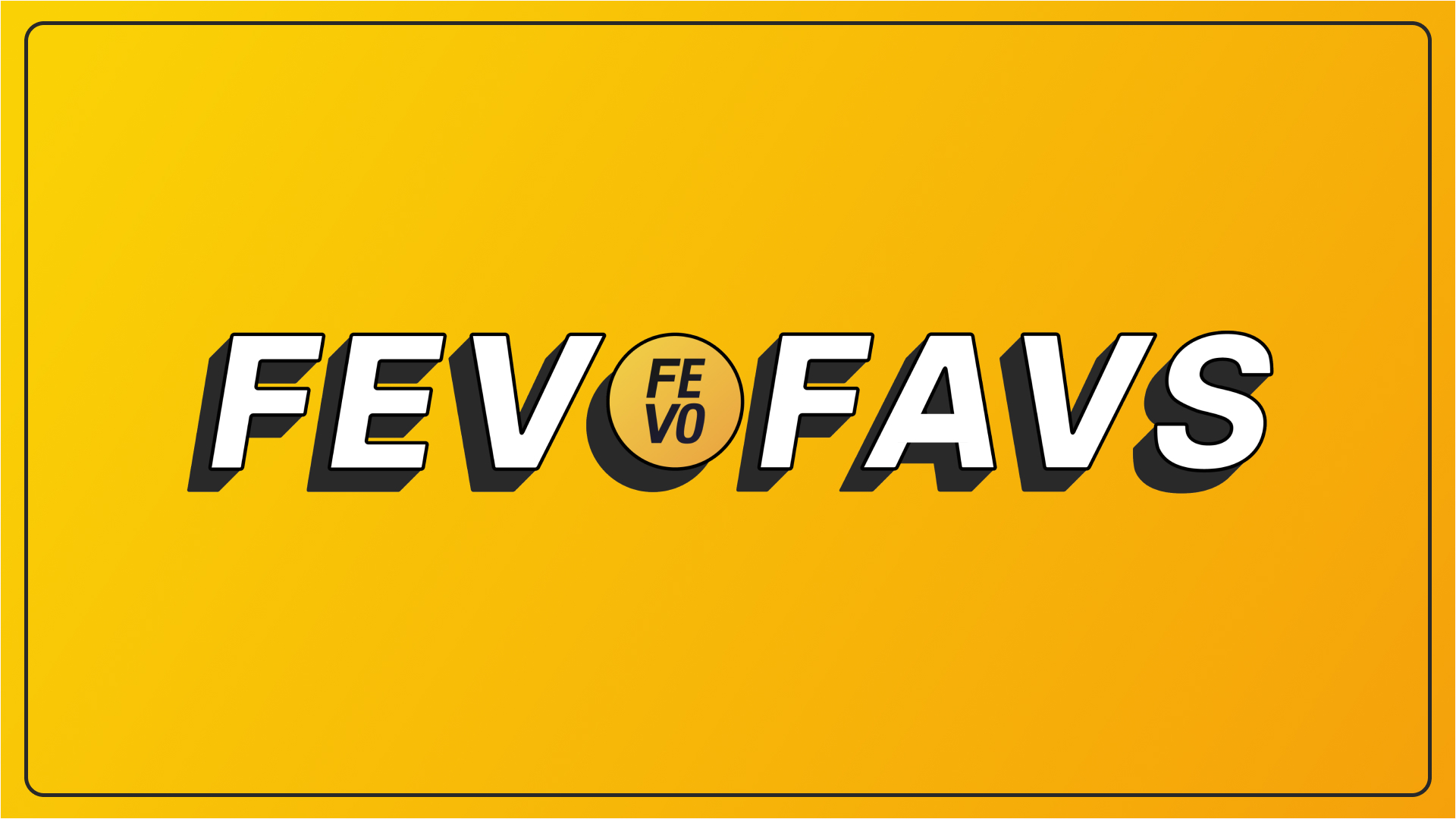
The First Rule of AI? Think of It as a Teammate, Not a Tool.
“Stop thinking about AI as a tool. Start thinking about AI as a teammate.”
That’s Devika Bulchandani, Global Chief Executive Officer at Ogilvy, at The Marketer’s (Early) Guide to AI, a daylong conference hosted by Marketing Brew in New York last week.
The idea resonated with us.
Because by now we all know that figuring out how to effectively utilize AI should be high on every company’s priority list. But that doesn’t solve the problem of HOW to use it, or WHY you’re using it, or WHICH programs and applications are even relevant to your brand.
Start with this: AI is not a panacea. It cannot do your work for you. It will not replace you.
So what is it? Think of AI as a collaborator. A co-conspirator. A full red-blooded member of your team. And in all your interactions with it, treat it as such. For example…
1. Make AI your newest intern.
Let it take over undesirable or tedious tasks — information gathering, research, data analysis — so you have more time for creative thought and inspiration.
2. Do your due diligence.
You wouldn’t hire a human without asking for references and/or background checks.Think of AI the same way. Don’t put sensitive information into an AI platform without first vetting it and ensuring it wasn’t created by bad actors.
3. Role-play with your AI.
Use “role prompting” to make an AI assume different identities while generating ideas around specific cohorts. For example, ask your AI to respond to you as an empathetic customer service representative, taking into account company policies.
4. Assign it simple tasks first.
When a new employee starts, you ease them into the role. Figure out what its strengths and weaknesses are. Engage with it. From there, gradually layer on more complex problems you want to solve.
5. Remember that human beings still crave connection with actual human beings.
Always put guardrails in place if you are using AI to communicate directly with clients or customers.
At the end of the day, AI is not coming to take your job. It is coming to the workplace to HELP you. The sooner you accept that, the more successful you will be and the more your business will benefit.
Some further thoughts on incorporating AI into the workplace…
NYT: When your technical skills are eclipsed, your humanity will matter more than ever
Echoing the idea that AI is still not a human, this article dives into some research about how “soft skills” are quickly growing in importance (or at least in the acknowledgement of their importance) in the wake of AI’s technical abilities. Communicating in a successful manner — like a human! — is critical in a world where many people are putting things on autopilot with the help of technology. On top of that, the ability to stop and ask questions about what you’re tasked with in order to better understand the reasoning behind an assignment will result in better output. So moral of the story: don’t forget to think critically in every task that you do, because AI isn’t doing all that much of that just yet.
Fast Company: What’s the ROI of generative AI?
Some striking stats from this article include the fact that “74% of business leaders are using generative AI for data analysis, 66% as a task copilot, and 63% to generate written content.” What does that mean? That even in the early days of AI, a majority of companies are exploring the use of AI. As with any other business solution or staff member, it must be asked if the juice is worth the squeeze, and this piece dives nicely into some tactics for determining that.
WSJ: How companies are starting to use Generative AI to improve their businesses?
Wall Street Journal reporter Belle Lin interviews C-suite executives from the likes of Ally, Cisco and Boston Consulting Group on how their companies use AI to improve efficiency and profitability. They go into specific use cases like client services, internal documentation and more, but perhaps more interestingly, these execs explain how they implemented such processes on a company-wide scale, which is perhaps the most difficult part.
And a few more assorted nuggets of internet wisdom…
Gen Z marketing glossary: Key words and terms brands need to know (Ad Age)
Over 10K opt in to EA Sports College Football 25 (ESPN)
AC Milan owner wants to construct American stadiums throughout Italy (Forbes)
Dartmouth basketball team votes to unionize in college sports first (Sportico)



